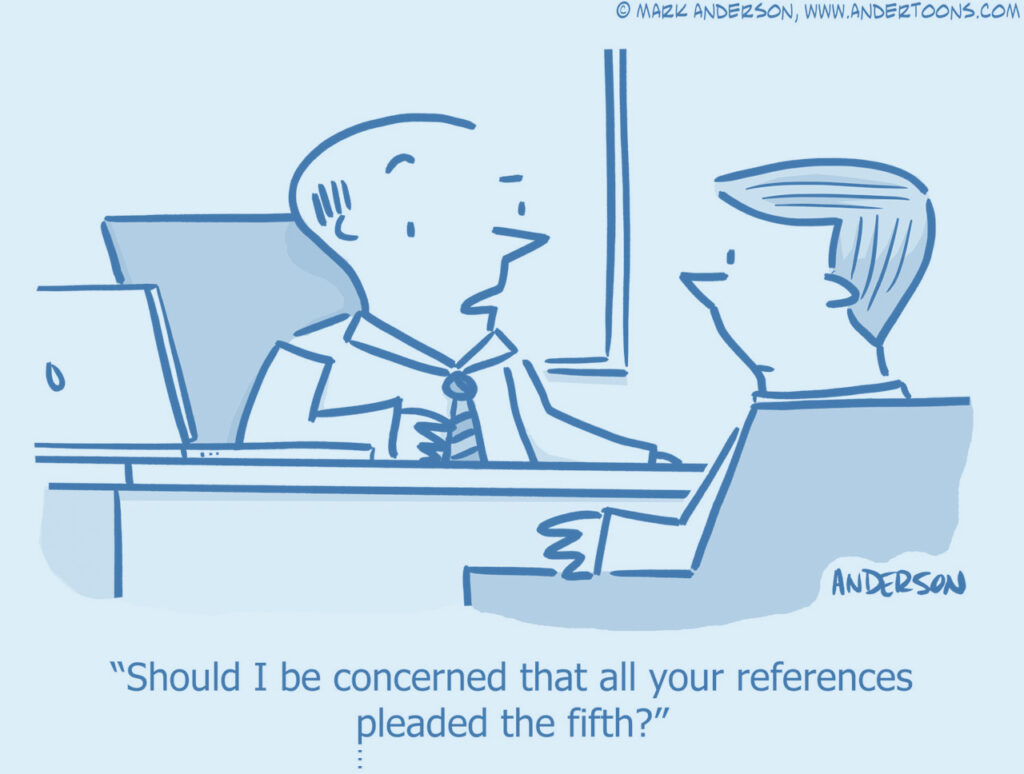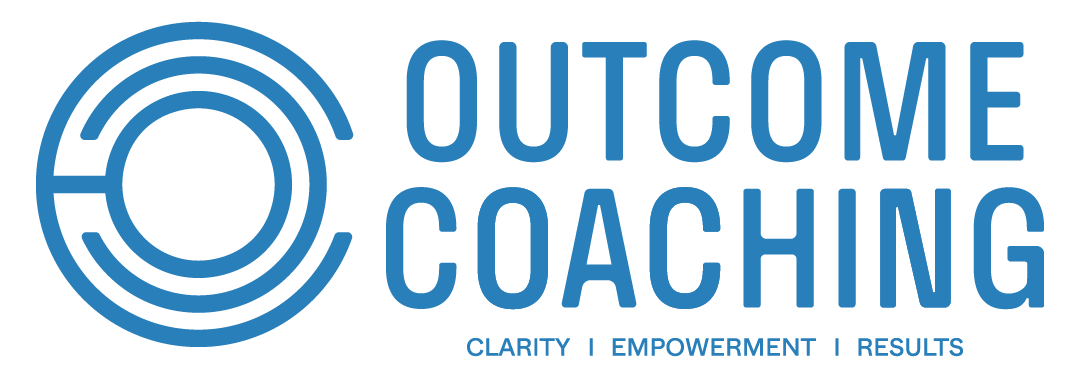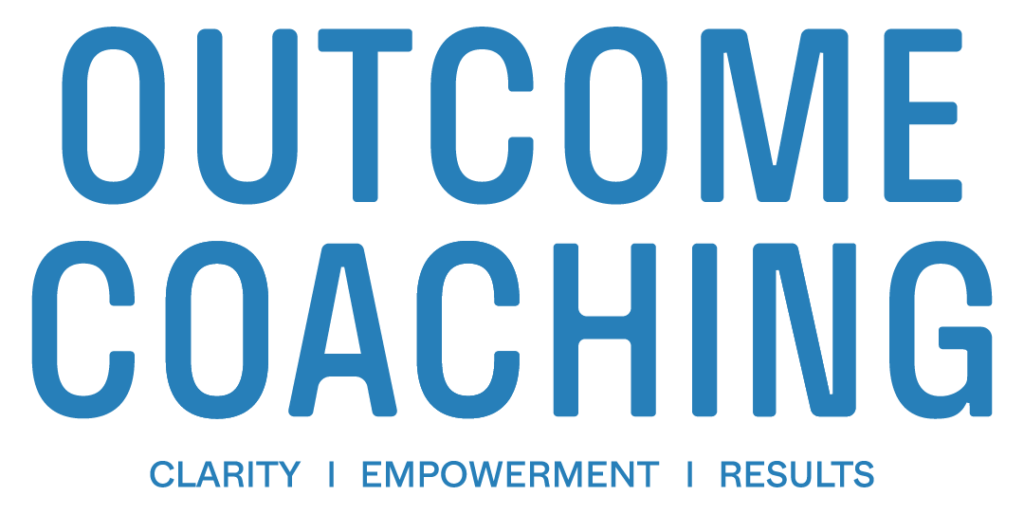Secrets of protecting your referees and making them count
Reference checks are normally performed at the final stage of the recruitment process. They verify resume details and information gleaned during interview, as well as provide independent insight into a candidate’s historic performance and how a hiring manager can best support a potential new hire.
Many years ago, I was working as an Internal Recruiter and happened to overhear a hiring manager talking to another employer about a candidate we had shortlisted. The candidate was not at the offer stage and had not provided permission to be reference checked. This is horrifying as permission should always be sought before to seeking a reference! I have witnessed this situation in many forms and it usually ends badly for the candidate. Either the referee is not prepared for the call, or even worse, their current employer can find out that they are seeking other opportunities.
So how can we defend ourselves and receive the best possible reference checks?

Selection
Never underestimate a reference check as it can secure an offer or cause it to be revoked. When selecting referees, only choose those who you know will provide a positive reference check. First prize is to select referees who you have reported to and ask if they are comfortable acting as a referee. It will be transparent from their response whether you can rely on them.
The best time to ask a referee to support you in the future is when you know you have recently performed well under their guidance. If you do not have reliable referees you reported to, you can ask previous colleagues at your own level or stakeholders you performed work for. You can also depend on internal or external clients. Sometimes even your own direct reports can serve as good referees.
If you have not told your current employer that you are leaving, ensure you can trust the person (within that organisation) to perform your reference check. Alternatively, you could ask someone who has left the business.
Exclude Referee details from your resume (if possible)
This is a true story from a candidate, Jess.
“I applied for a job online and didn’t hear anything for weeks. Then out of the blue I got a call from the referee who I listed on the job application saying that they had been put on a Zoom call with four people asking about me and whether I was a fit for this ‘random’ job she had never heard about. I wasn’t even aware that I was being considered for the role and worst of all they even had on their application form that they would not call my referees without getting permission from me first.
Then I called the head of HR and she had no idea that any of this had happened and didn’t apologise or even communicate what had gone wrong. It was very strange and completely put me off not just the job, but considering any future role with the organisation. It was an absolute shambles and I had to then go and apologise to my referees. I have now taken my referees off my resume.”
Maintaining contact
Between the time you select your referees and the reference check, it is important to keep in touch with your referees. In fact, it is crucial to always retain a strong connection with these valuable supporters. This ensures that the relationship is at its best and your referees will be willing to assist you.
You can do this by deciding how often you want to touch base and diarising this. Try to give something back by inviting your referees to networking events or sending them valuable information relating to their interests or work. Spoil them by taking them out for a drink or lunch and share market information with them. This relationship should be quite natural and enjoyable as these are your unconditional fans who believe in you and are willing to vouch for your skills.
Preparing referees
Once you have received an offer, it is important to confirm whether your referee is still happy to provide a reference check. Ensure that you only use your referee’s help for those roles that you are serious about as it is important not to waste a referee’s valuable time.
You could select some backup referees for offers you are less interested in. Determine when your referee is available and relay this information to the recruiter. This will prevent a whole lot of phone tag and will guarantee that the referee is expecting the call. Explain the role in as much detail as possible and provide a copy of the job description or advertisement. Educate them about the organisation and culture. All this information means that the referee will be well equipped to provide appropriate information and the best possible reference check.
Some other areas you can discuss are:
- Why you believe you will fit with the culture
- Your strengths that are a match for the role
- Areas for improvement (professional, technical & personal)
- Appropriate attributes
- Whether they would hire you again if an appropriate role were to come up
Other Support
Written reference checks are a thing of the past and they hold very little weight. LinkedIn recommendations, however, are accessible and viewed as reliable. In fact, I have seen candidates secure roles before without reference checks being performed due to the strength of their LinkedIn recommendations. In both situations, do not act as a referee for your referee as this could be perceived as a lack of independence. With both cases, remember to thank your referee once the work has been performed, no matter what the outcome is.
I have explained the confidentiality of candidate reference details to Hiring Manages on more than one occasion, but it is not often that someone can prevent a referee from being approached without permission.
So, select your referees well, maintain regular contact, prepare them properly, request LinkedIn recommendations from at least two referees per role and exclude your referee details from your resume where possible. This should go a long way to making your reference checks count.


